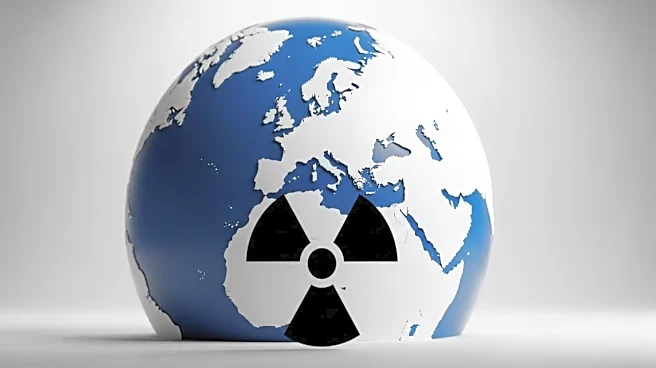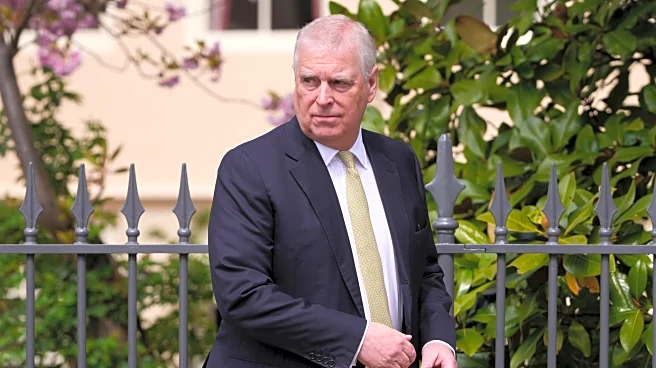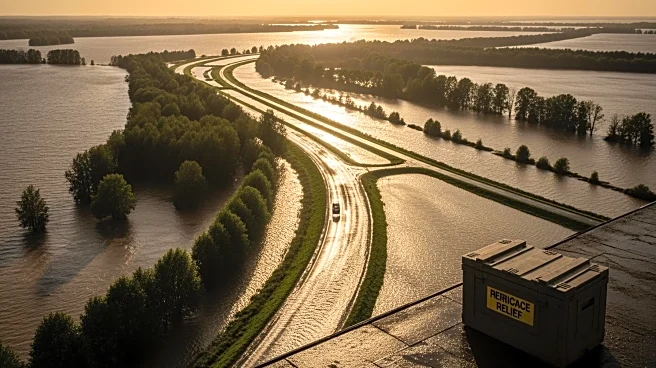What is the story about?
What's Happening?
European officials have issued a warning to Iran, stating that time is running out to prevent the reimposition of United Nations sanctions related to its nuclear program. This warning follows a call between Iran and representatives from France, Germany, the United Kingdom, and the European Union's top diplomat, Kaja Kallas. The EU and German Foreign Ministry emphasized the need for Iran to demonstrate full cooperation with the International Atomic Energy Agency (IAEA) and allow inspections of all nuclear sites. Iranian Foreign Minister Abbas Araghchi responded by asserting that the sanctions lack legal justification, referencing a prior agreement with the IAEA mediated by Egypt. However, the timeline for Iran's compliance remains uncertain.
Why It's Important?
The potential reimposition of UN sanctions on Iran could have significant implications for international relations and global security. These sanctions would freeze Iranian assets abroad, halt arms deals, and penalize the development of Iran's ballistic missile program, further straining Iran's economy. The situation underscores the fragile state of diplomatic efforts surrounding Iran's nuclear activities and the broader geopolitical tensions involving Western powers. The outcome of these negotiations could impact regional stability in the Middle East and influence global energy markets.
What's Next?
If Iran fails to meet the demands of the European powers, the UN sanctions are set to be reinstated at the end of September unless the UN Security Council intervenes. This could lead to increased diplomatic efforts to resolve the situation and avert further escalation. The international community will be closely monitoring Iran's actions and the responses from European nations, potentially leading to new rounds of negotiations or diplomatic interventions.















